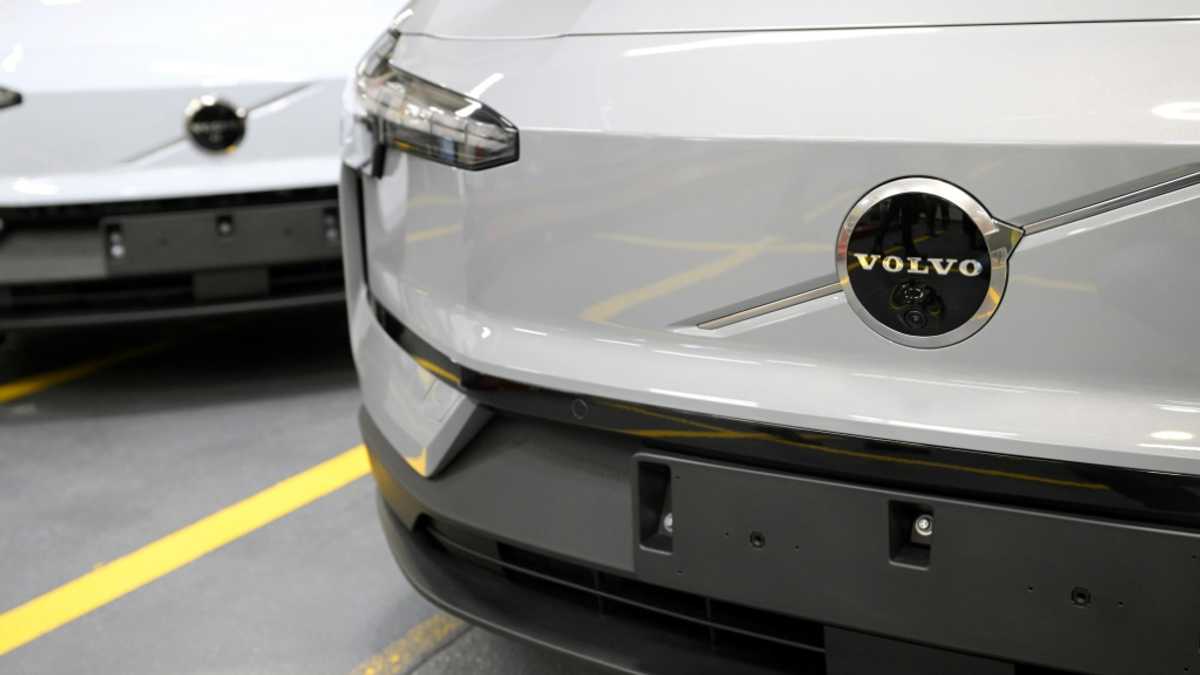Volvo Cars Reports Significant Loss Amid Electric Vehicle Challenges
Volvo Cars, the Swedish automotive manufacturer, reported a substantial net loss in the second quarter of the year. The company faced several challenges that contributed to its financial downturn, including an impairment charge related to its electric vehicle models, restructuring costs, and a sluggish market influenced by trade tariffs.
The net loss amounted to 8.1 billion kronor ($830 million). This loss was primarily driven by a significant write-down of 11.4 billion kronor on the value of its EX90 electric SUV and ES90 electric sedan. The decline in value was attributed to production delays, higher-than-expected development costs, and the impact of U.S. tariffs, which have made sales in the region unprofitable.
In a statement accompanying the quarterly earnings report, CEO Hakan Samuelsson highlighted that demand for Volvo’s vehicles is under pressure due to macroeconomic factors, tariff-related uncertainties, and increased competition. The company, which is owned by China’s Geely Holding Group, also incurred a restructuring charge of 1.4 billion kronor. This followed the announcement of 3,000 job cuts in May, as part of broader cost-cutting measures.
Despite these challenges, the company had recorded a net profit of 5.7 billion kronor in the same quarter of the previous year. However, when excluding exceptional items, the operating profit for the quarter was estimated at 2.9 billion kronor, a significant drop from 8.0 billion kronor in the prior year.
Retail sales of cars fell by 12 percent in terms of volume, while revenue decreased by eight percent to 93.5 billion kronor. This decline was partly due to lower sales volumes and the stronger value of the Swedish kronor. Despite this, the revenue figure exceeded the analyst consensus of 88.2 billion kronor, as compiled by Bloomberg.
The positive revenue performance led to a more than seven percent increase in Volvo’s shares on the Stockholm Stock Exchange during early trading.
In April, Volvo announced an 18-billion-kronor cost-cutting plan aimed at addressing the challenges posed by U.S. tariffs and the high costs associated with transitioning to electric vehicles. The company emphasized its strategy to adapt to the growing trend of regionalization in global trade.
Additionally, on Wednesday, Volvo revealed plans to begin manufacturing its XC60 SUV in the United States next year. This move is intended to circumvent the 25-percent U.S. tariffs that have impacted its vehicle sales. The decision reflects the company’s efforts to mitigate the effects of trade barriers and maintain competitiveness in key markets.
Volvo has also decided not to provide financial guidance for 2025 and 2026. The company cited “external developments and increased uncertainties” as the primary reasons for this change in strategy. This shift underscores the unpredictable nature of the current automotive industry, particularly in light of ongoing trade tensions and the rapid evolution of the electric vehicle market.
As Volvo continues to navigate these challenges, its focus remains on adapting to changing market conditions and ensuring long-term sustainability. The company’s decisions, such as localizing production and reevaluating its financial strategies, highlight its commitment to resilience in an increasingly complex global environment.







